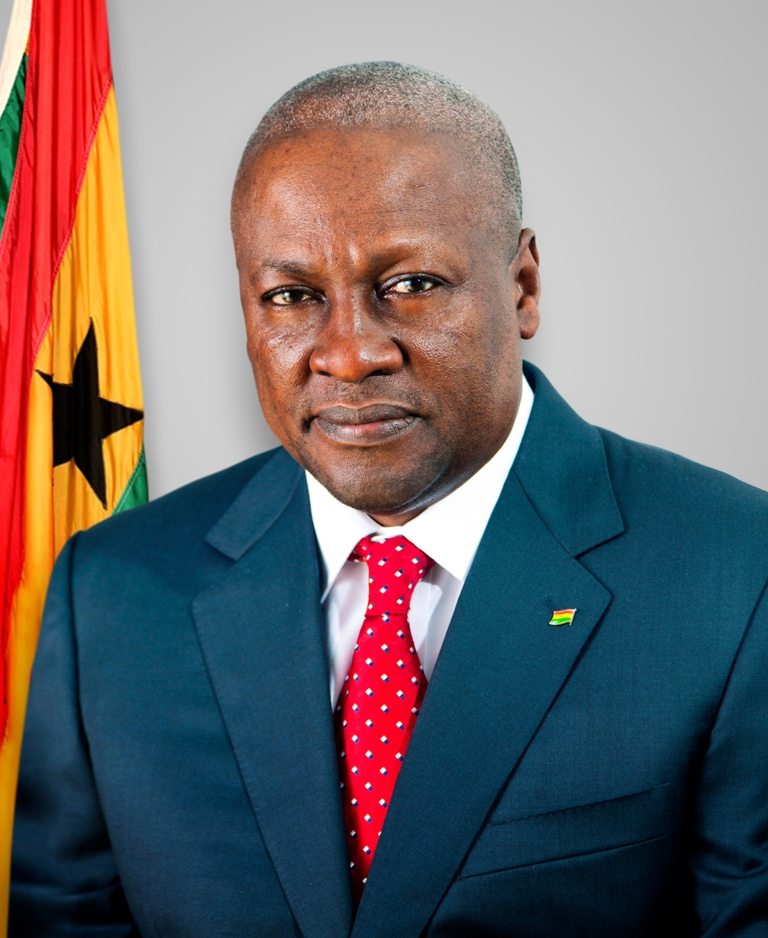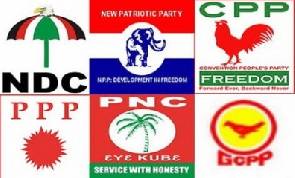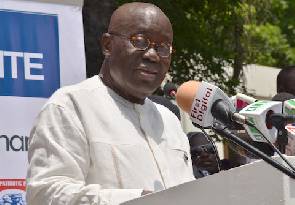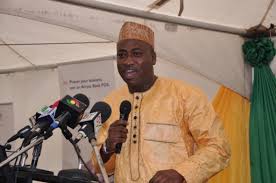 A day’s forum to galvanize public support for the adoption of the multi-party governance reforms into the ongoing amendment process and their subsequent implementation between 2015 and 2020, had been held in Kumasi.
A day’s forum to galvanize public support for the adoption of the multi-party governance reforms into the ongoing amendment process and their subsequent implementation between 2015 and 2020, had been held in Kumasi.
It formed part of efforts to deepen Ghana’s democratic dispensation by reforming the constitution to bring it to standard in a manner that addresses the concerns of all.
The Institute for Democratic Governance (IDEG), in collaboration with the Civic Forum Initiative, National Peace Council, Manhyia Palace and National House of Chiefs, organized the programme.
“The Opening up of the Constitutional Amendment Process and the Urgency for Multiparty Governance Reforms before 2016”, was the theme.
Dr. Emmanuel Akwetey, the Executive-Director of IDEG, indicated that the evolving elections-related political culture that threatens to erode the democratic gains the country had made so far ought to be reformed.
Ghana, he said, must draw experiences from other countries where deficiencies in election management, electoral systems and politics, as well as election practices, culture and post-election national policy direction had triggered disturbances.
“Elections are increasingly losing their saliency as the opportunity for citizens to choose between different political elites who canvass support for alternate but credible national development agenda,” he noted.
Elections, he said, had turned to become moments when the nation was gripped with a grave sense of uncertainty, and the governing elite live in insecurity of the outcome because of the profound difference which separates winning elections and losing.
“Some politicians, who once served in government and later ended up in opposition after their parties lost elections, have described life in opposition as living in hell,” he added.
Citing the political landscape after the 2008 General Election, Dr. Akwetey pointed out that there was a perverse political culture growing with devastating intensity around the “winner-takes-all” electoral system.
“Elections in Ghana had produced tendencies that are not conducive to national unity, order and stability,” the Executive-Director said, calling for serious diagnoses of the 1992 Constitution and multiparty governance as it stands now in order to amend aspects that impeded growth.





